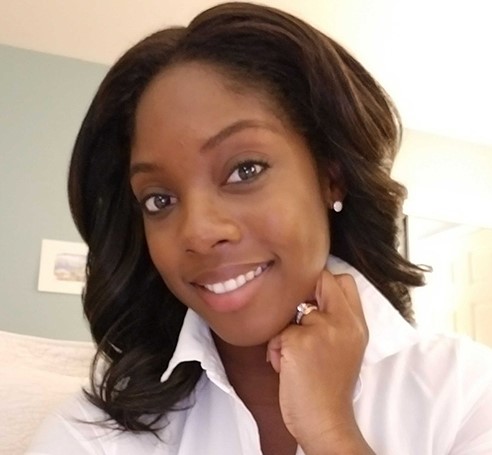The Race for Better Politics in New Jersey
Listen to audio version of this article

With the spotlight on #MeToo and celebrations of the 100th anniversary of women’s suffrage, it can be easy to overlook a problem that plagues communities across the garden state: RACISM. Though it may be less salacious than the fight for gender equality, racial discrimination is alive and thriving in New Jersey politics.
Racism is an element of daily living in New Jersey for me. When I married my husband of a different race over a decade ago, it highlighted yet another layer of racial bias that exists in some New Jersey towns. During routine activities like shopping, dining out or doing yard work, we witnessed times where my husband was treated with more decency and respect than me and my children, or was given attention when my children and I were ignored. Yet becoming a part of politics in this state has deepened my awareness of how segregated New Jersey really is, and how a frighteningly large number of people would prefer it remain that way or would rather stay silent than work for a more just place.
On paper, New Jersey is diverse; the percentage of African Americans in New Jersey is slightly above the national percentage at about 15 percent, while the percentage of Hispanic and Latino residents in our state is over 20 percent. Certainly the demographics of diversity are changing. But not without pushback and grumblings from certain communities and leaders in politics. While campaigning back in 2017, I recall a fellow candidate being encouraged repeatedly to shave his beard so he could pass as Italian and not expose his South Asian heritage. That’s only one instance of many more I witnessed in my time as a new elected official, reinforcing that diversity of culture and thought are still unwelcome in our political system.
After winning my seat for town council in 2018, the biased treatment increased on a more personal front. In 2019, Governor Phil Murphy was working to pass legislation to protect undocumented immigrants via the umbrella of sanctuary cities. Simultaneously, my town council formally expressed outrage at his actions to support the undocumented community. At the time, I made firm statements acknowledging our town’s diversity, since almost a third of our town is comprised of non-White constituents. I advocated that we should cease discussions that could alienate or bring harm to some of our constituents. Within the hours and days that followed, I received emails and in-person comments disparaging African Americans and immigrants. The comments were followed by targeted acts, where I was pulled over at the elementary school my son attends and questioned rudely by police with my eight-year old son in the backseat. I’ve been publicly scolded a number of times by other council members during our meetings for speaking up about discriminate behavior and for making requests for ethics and inclusion training. As elected representatives, we should strive to continue building our knowledge and understanding of the world. What’s so threatening or scary about ethics and inclusion training?
In my first few months as a councilwoman, the mayor teased me often about my ever-changing hairstyles. As we waited for our picture to be taken at a ribbon cutting ceremony in front of a large group of local leaders and constituents, he pretended to cut my hair. Months later, when I showed up to a meeting with a very short haircut, a fellow councilman came up to me and angrily questioned why I would make such a crazy decision. These ignorant and racist actions devalue individuals and are unacceptable - in politics or life.
To be clear, shameful racist acts are not exclusive to one political party. The scourge of racial bias is prevalent on both sides of the aisle. The silence of political leaders is more disheartening than the acts themselves, since leaders can lend support to admonish such behavior. Legitimately supporting more people of color in higher offices and higher positions would help to balance the scales. Leaders can promote candidates of color even in non-diverse towns by highlighting their strengths to apprehensive members of the community. When we include the voices of men and women of color in politics, we gain valuable ideas on how to improve communities. But I often wonder if that is ever the objective in this state that boasts acceptance of differing cultures and points of view. From what I’ve seen, people of color are often strategically placed where needed to boost votes in minority neighborhoods or to create a picture of inclusion where it doesn’t actually exist.
The words of Martin Niemoller are fitting for the current state of New Jersey politics. Niemoller was once a supporter of violence and hate against Jewish people until he was placed in a concentration camp, which forced him to see the world from a vastly different perspective and undoubtedly inspired his well-known reflection on the circumstances he endured. The lesson is that none of us - Black or White, oppressed or powerful - should wait until we are the recipients of ill-treatment before we take action to help marginalized communities gain progress.
Edina Brown serves as a Councilwoman in Old Bridge, in Middlesex County. When she’s not standing up for justice at council meetings, she is advocating for diversity as a tool for businesses and communities to thrive and prosper. Edina cares deeply about making Old Bridge a welcoming community for people of all backgrounds. In her spare time she offers moral support to other New Jersey leaders who desire to make the state equitable for everyone.





